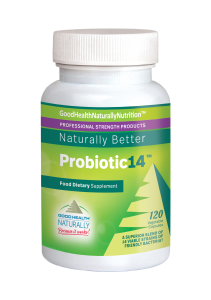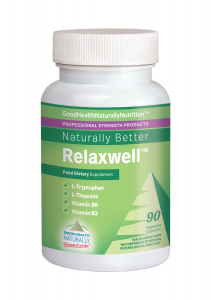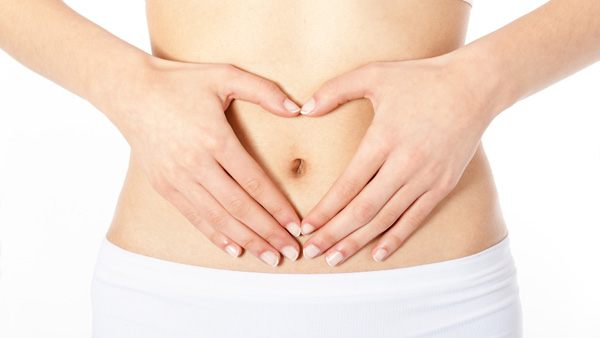When the probiotic Lactobacillus reuteri is combined with the protein Tryptophan could help to promote greater ‘tolerance’ in immune cells in the gut according to new animal data.
The team behind the new study revealed that the probiotic strain Lactobacillus reuteri is linked with specific immune cells in the gut microbiome and the development of a population of cells that promote tolerance, said the senior author Professor Marco Colonna, MD from the Washington University School of Medicine in St Louis. “The more tryptophan the mice had in their diet, the more of these immune cells they had.”
If these findings are true then this suggests that L.reuteri and the combination of tryptophan can help to encourage a more tolerant and less inflammatory gut environment. This means it could create relief for people with abdominal pain and diarrhoea that’s associated with inflammatory bowel disease.
The team noted that humans have been shown to have the same tolerance promoting cells. These are known as CD4+CD8aa+ double-positive intraepithelial T lymphocytes (DP IELs) as mice. It’s also been established that most people harbour L.reuteri in their gastrointestinal tract.
L-reuteri has tryptophan by-products that can induce cells to develop in people just as they have within the mouse study. The researchers did note that defects in genes that are related to tryptophan have previously been linked with inflammatory bowel disease (IBD).
The mice were living under sterile conditions since birth and the team wanted to identify which of the six species were involved in inducing immune cells. The researchers found that when the germ-free mice were introduced to L.reuteri, the immune cells occurred.
The team also grew L.reuteri in liquid and then transferred small amounts of this liquid without any of the bacteria to the immature immune cells isolated from mice. The immune cells were found to develop into tolerance-promoting cells.
After further analysis, they found the active component was identified as a by-product of tryptophan metabolism known as indole-3 lactic acid.
When the amount of tryptophan was doubled in the mice’s feed, the team found that the number of cells rose by about 50%. When their tryptophan levels halved, the number of cells also dropped by half.
Researchers concluded that the reliance of DP IELs on a single species with the use of L.reuteri and its tryptophan metabolites along with their final maturation can provide a basis for the use of L.reuteri as a probiotic and tryptophan rich food that’s used to treat disorders modifiable by DP IELs like inflammatory bowel diseases.
Taking a good probiotic supplement alongside L-Tryptophan may therefore help to soothe gut inflammation and provide greater tolerance and improvements within digestive disorders in the long term.
Recommended Examples
 Probiotic14™ – A superior blend of 14 viable strains of friendly bacteria including Lactobacillus acidophillus, Bifidobacterium bifidum and Lactobacillus casei amongst others. Probiotic14™ – A superior blend of 14 viable strains of friendly bacteria including Lactobacillus acidophillus, Bifidobacterium bifidum and Lactobacillus casei amongst others. |
 Relaxwell™ – Find stress relief and deep relaxation during times of high physical and mental demands. This powerful formula combining L-Tryptophan and L-Theanine and B vitamins can give you the nutrients you need to stay well rested and prepared for anything that comes your way. As the above study suggests, Tryptophan may also support good gut health when combined with a good probiotic. Relaxwell™ – Find stress relief and deep relaxation during times of high physical and mental demands. This powerful formula combining L-Tryptophan and L-Theanine and B vitamins can give you the nutrients you need to stay well rested and prepared for anything that comes your way. As the above study suggests, Tryptophan may also support good gut health when combined with a good probiotic. |





